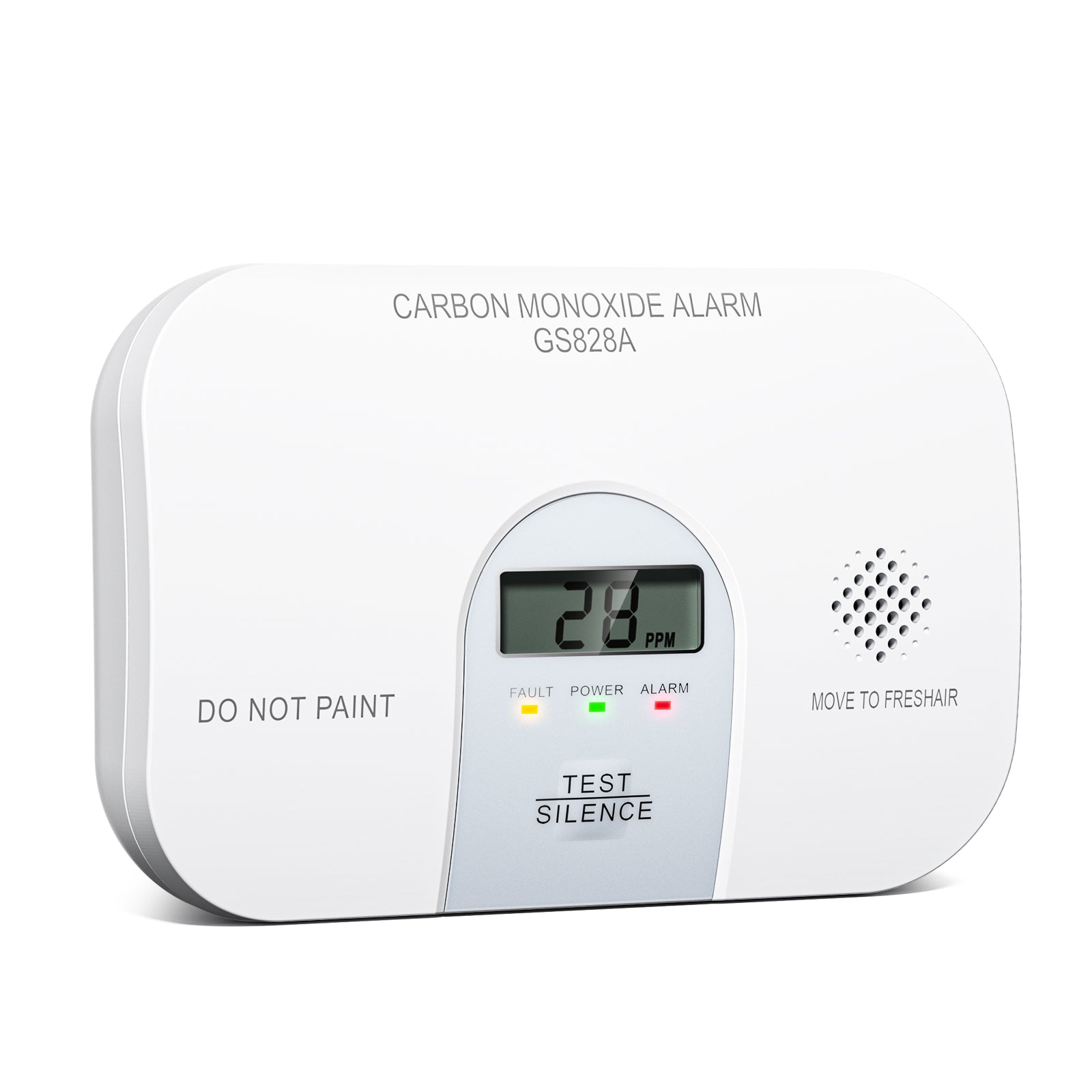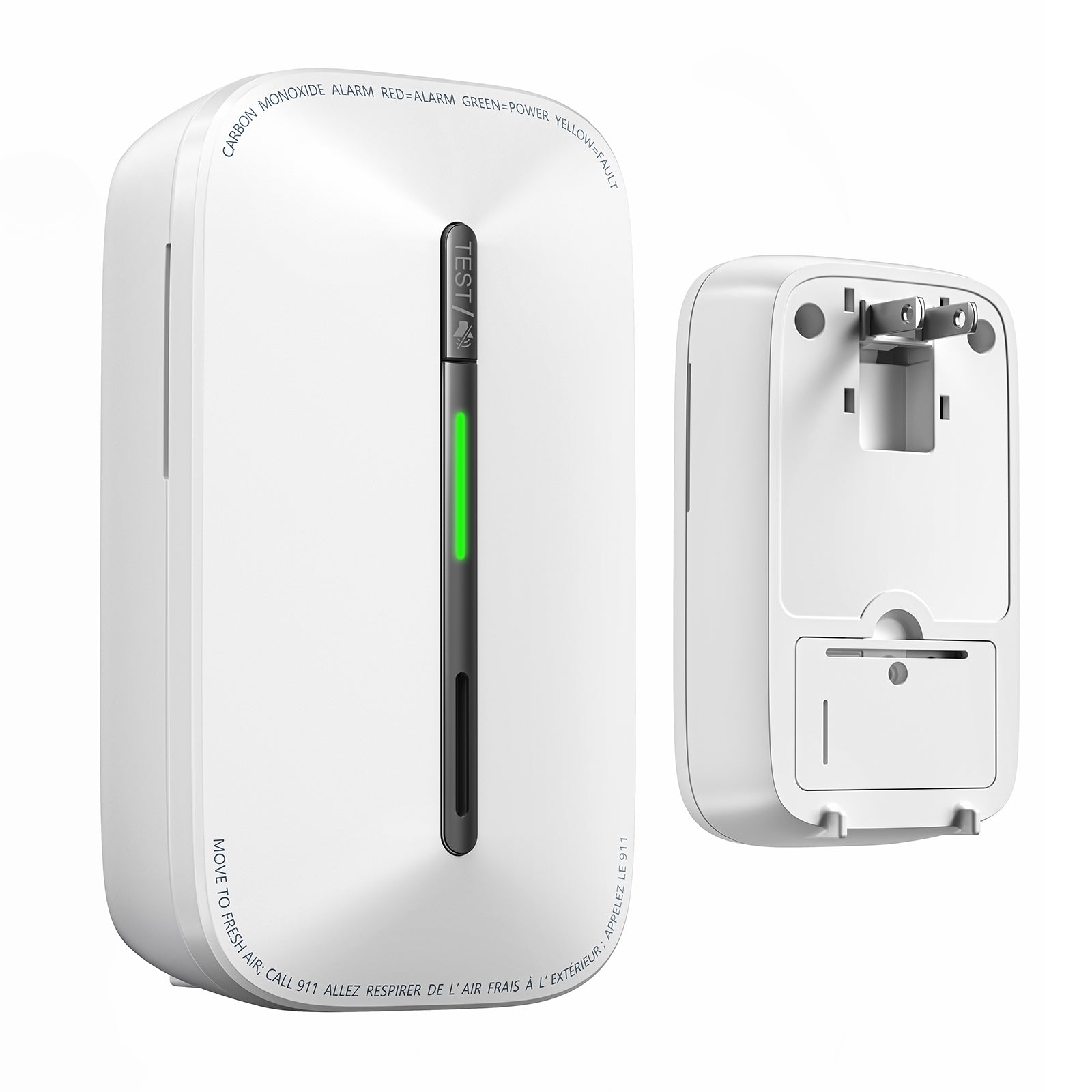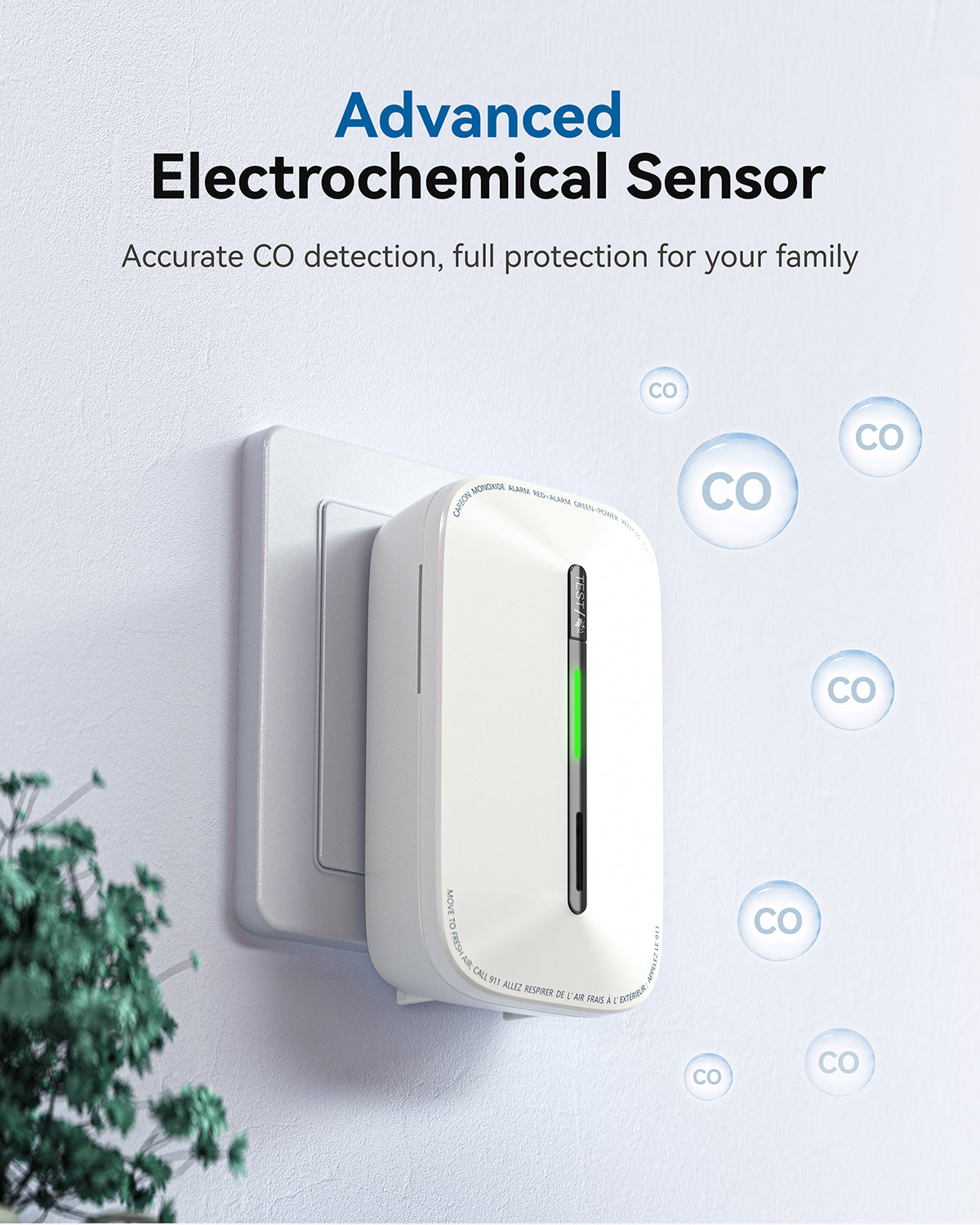Carbon monoxide (CO) is a colorless, odorless, and highly toxic gas that can pose a significant threat to our health and safety. Carbon monoxide detectors are essential devices designed to alert us when there is a buildup of this deadly gas in our surroundings. However, it can be quite alarming and concerning when a carbon monoxide detector starts beeping. In this blog, we will explore the possible causes of a carbon monoxide detector beeping and the necessary steps to ensure your safety.
Importance of Carbon Monoxide Detectors:
Carbon monoxide is produced by the incomplete combustion of fossil fuels such as gas, oil, wood, and coal. It can be released from malfunctioning appliances, blocked chimneys, faulty heating systems, or even idling cars in enclosed spaces. Carbon monoxide detectors are crucial for early detection, as they emit a loud alarm when dangerous levels of CO are present.
Causes of Carbon Monoxide Detector Beeping:
- Low Battery: The most common reason for a carbon monoxide detector to beep is a low battery. Many detectors have a specific beep pattern or display a warning message to indicate a low battery. Regularly check and replace batteries according to the manufacturer's instructions to ensure proper functioning.
- End of Life: Carbon monoxide detectors have a limited lifespan, typically around 5-7 years. Some models have an end-of-life warning feature that emits a distinct beep pattern when the device is no longer reliable. It is crucial to replace the detector at the recommended intervals or as indicated by the manufacturer.
- Carbon Monoxide Presence: If your carbon monoxide detector is beeping continuously or emitting a high-pitched alarm, it may indicate the presence of carbon monoxide in the air. Take immediate action by evacuating the premises and contacting emergency services. Do not re-enter until the issue has been resolved and the air is deemed safe.
- Malfunction or Faulty Sensor: Occasionally, a carbon monoxide detector may produce false alarms or continuous beeping due to malfunction or a faulty sensor. If you've ruled out other causes and suspect a malfunction, contact the manufacturer or a professional technician to inspect and replace the device if necessary.
What to Do When Your Carbon Monoxide Detector Beeps:
- Stay Calm: It's essential to remain calm but take the beeping seriously. Beeping indicates a potential threat to your safety, and swift action is necessary.b. Ventilate: Open doors and windows to allow fresh air to circulate and ventilate the space. This can help reduce the concentration of carbon monoxide while you determine the source.
- Evacuate and Call for Help: If the carbon monoxide detector emits a high-pitched alarm or continuous beeping, evacuate the premises immediately and call emergency services. Inform them about the situation and follow their instructions.
- Check Appliances: If it is safe to do so, turn off all fuel-burning appliances and check for any signs of malfunction or damage. Avoid turning them back on until a professional has inspected and resolved the issue.
- Seek Professional Assistance: Contact a qualified technician or a professional service provider to inspect and fix the potential source of carbon monoxide. It's crucial to ensure that all appliances and ventilation systems are in proper working condition.
Carbon monoxide is a silent killer, and a beeping carbon monoxide detector serves as a critical warning system to protect ourselves and our loved ones. Understanding the causes of a carbon monoxide detector beeping is essential for maintaining safety in our homes and other enclosed spaces. Regular maintenance, battery checks, and prompt action in response to a beeping detector are vital steps to prevent the dangers associated with carbon monoxide. Prioritize the safety of your household by staying informed and prepared to mitigate any potential risks.
From Siterwell Official









